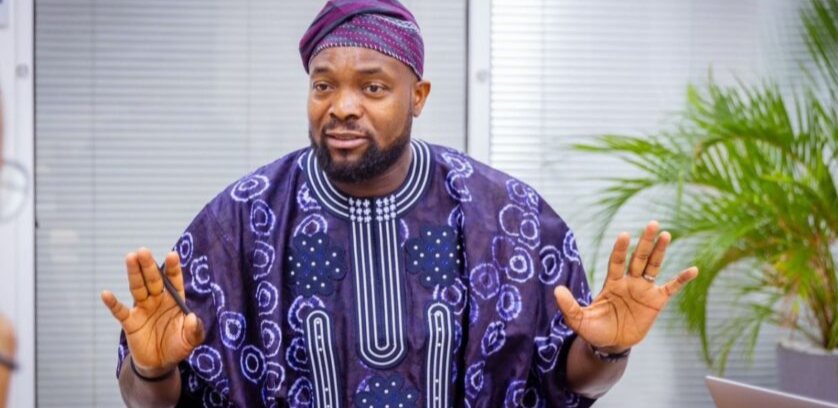
Dr. Bosun Tijani, Nigeria’s Minister for Communications
FG drives Internet connectivity nationwide with launch of National Broadband Alliance
The National Broadband Alliance for Nigeria (NBAN) has been inaugurated by the Federal Government to boost internet connectivity across the country.
The Executive Vice Chairman of the Nigerian Communications Commission, NCC, Dr Aminu Maida, while flagging off the project in Lagos, explained that NBAN would significantly enhance broadband penetration, which grew from just six per cent in 2015 to approximately 42 per cent as of October 2024.
According to him, the government is leveraging a Special Purpose Vehicle to deploy 90,000 km of fibre backbone across the nation, connecting underserved and rural communities to high-speed internet.
Maida, who represented the Minister of Communications, Innovation, and Digital Economy, Dr. Bosun Tijani, stated that the initiative is designed to fast-track the nation’s digital economic growth and close the existing broadband gap across the geopolitical zones of the country.
“The NBAN initiative aims to bridge connectivity gaps, drive digital inclusion, and unlock economic opportunities through strategic partnerships across public and private sectors.
“Nigeria has witnessed significant progress in broadband expansion, increasing penetration from 6% in 2015 to approximately 42% as of October 2024.
“However, challenges such as infrastructure gaps, underutilization of fibre networks, affordability, and digital literacy continue to limit full adoption.
“The NBAN is designed to address these issues by aggregating demand across key sectors including education, healthcare, financial services, governance, and e-commerce to make broadband more accessible and affordable.
“Broadband is not just about connectivity; it is a driver of productivity, innovation, and economic diversification. Through the NBAN, we will harness the power of digital infrastructure to enhance education, healthcare, financial inclusion, and governance,” the minister said
The key objectives of the Alliance, he said, aligned with Nigeria’s National Broadband Plan 2020–2025 as well as the Ministry’s digital economy strategy, targeting 70% broadband penetration in the country by 2025.
“Minimum speeds of 25 Mbps in urban areas and 10 Mbps in rural areas, 80 per cent population coverage by 2027, and a 300–500 per cent increase in broadband investments.
“To achieve these targets, the Federal Executive Council, FEC, has approved a Special Purpose Vehicle, SPV, to deploy 90,000 km of fibre backbone nationwide, ensuring that even the most underserved communities benefit from broadband services,” he further stated.
